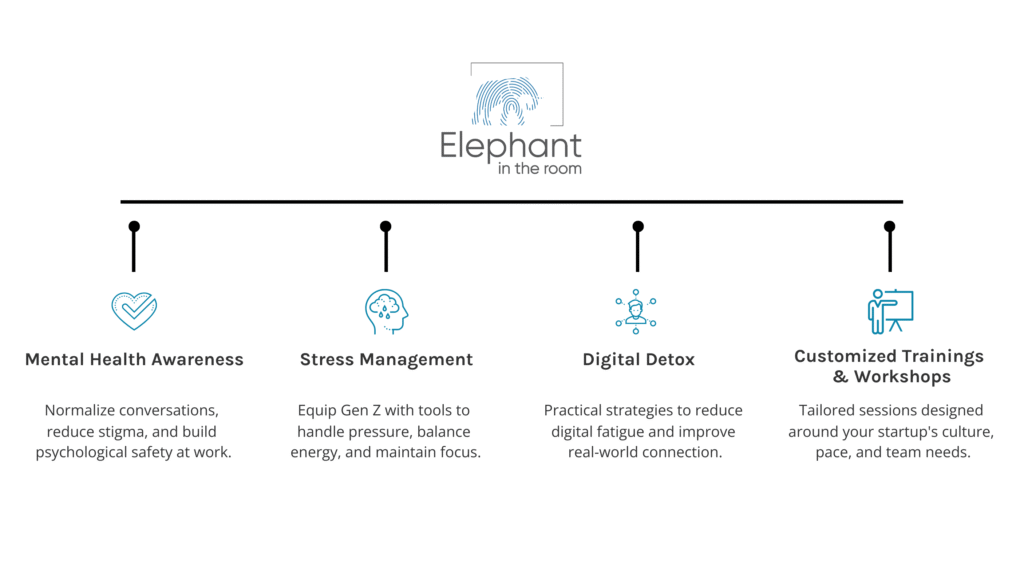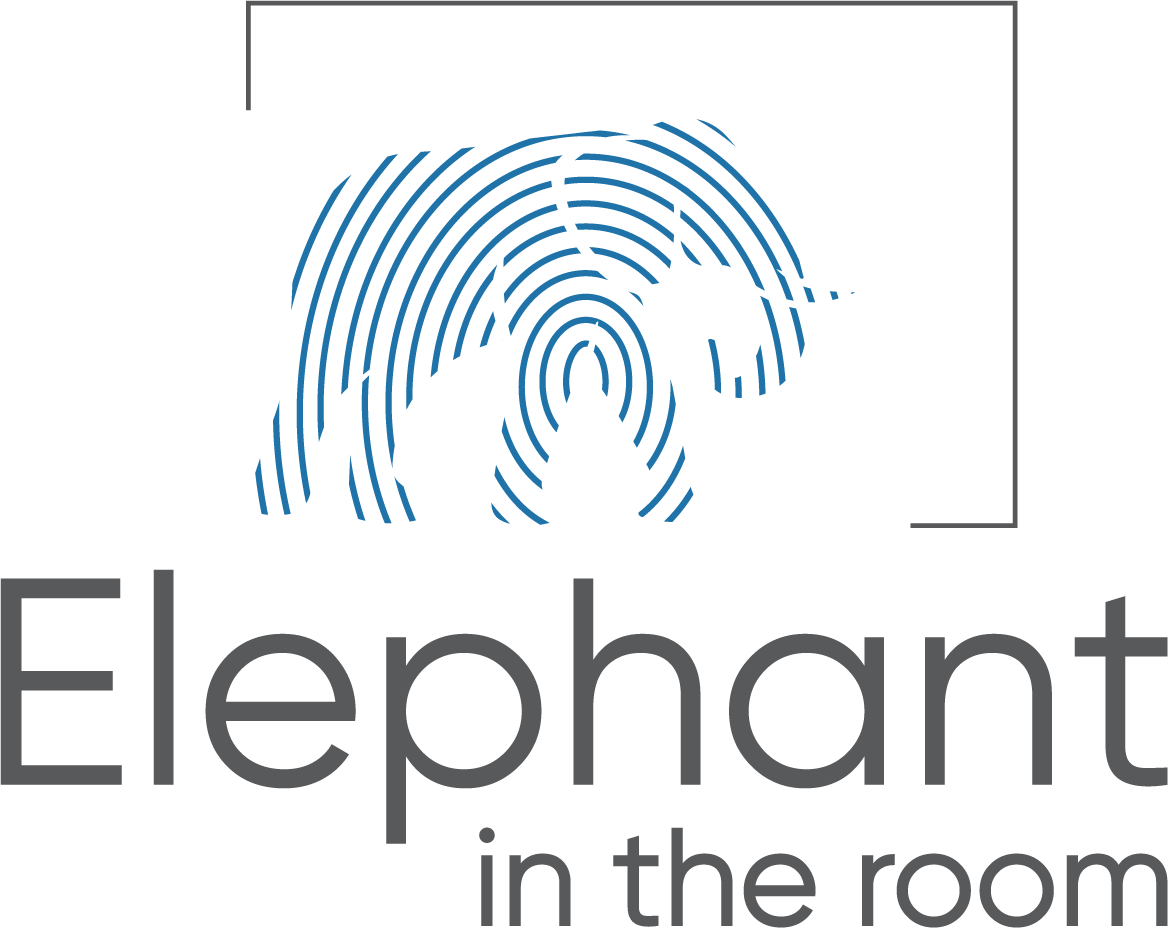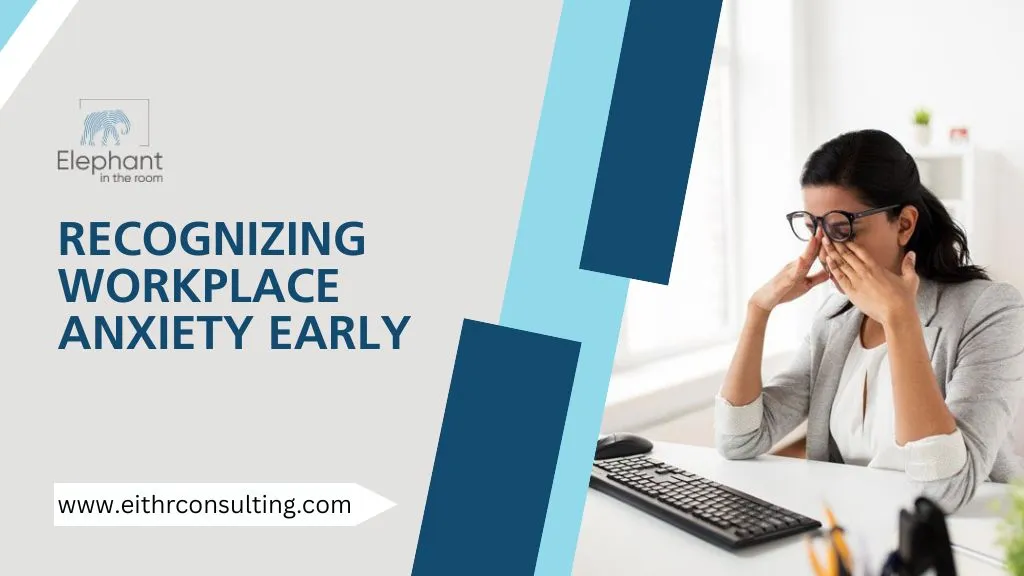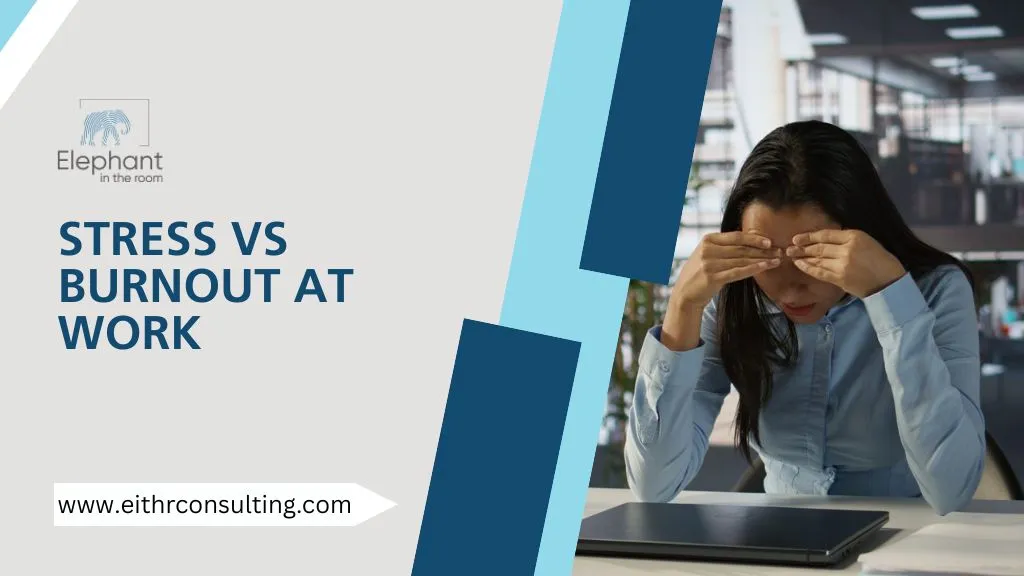Corporate work has become one of the biggest stressors for Generation Z today. A recent Deloitte’s 2025 survey revealed that nearly one in three Gen Z employees in India feel stressed or anxious all or most of the time.
For businesses, this is a wake-up call to rethink how they support and engage their youngest workforce. When our youngest team members are burning out, disengaging early, or feeling constant pressure, it’s time to step .
KEY TAKEAWAYS
- What makes Gen Z different from older generations at work? They are digital natives but also digital fatigued, value-driven but anxious about career stability.
- How does this impact businesses? Ignoring Gen Z stress leads to higher turnover, stalled innovation, weakened employer brand, and reduced ability to attract top talent.
- How can leaders respond? Treat employee wellbeing like any other business KPI; track wellbeing and design policies and workflows that address stress triggers, support growth, and foster psychological safety.
Why Generation Z is the Most Stressed Out at Work?
According to Cigna International Health’s 2023 survey of nearly 12,000 workers, 91% of employees aged 18–24 report being stressed. This is well above the global average of 84%. This stress isn’t about heavy workloads; it stems from broader dynamics that uniquely affect Gen Z.
1. Always-on Digital Culture
Generation Z are raised in the age of smartphones and instant communication. They thrive on connectivity but also pay the price of being constantly ‘online’. Notifications from emails, Slack, and social media often blur the line between work and personal time.
This round-the-clock engagement leads to digital fatigue, reduced downtime, and disrupted sleep, creating a cycle of stress and exhaustion that earlier generations didn’t face to the same extent.
Digital Detox For Gen Z Employees
Book our expert-led Digital Detox workshop to minimize your team’s digital fatigue and improve productivity. Reach us at +91-9136130525 to book a free consultation. (9am to 6pm IST, Mon–Fri)
2. Uncertain Career Pathways
Earlier generations followed a relatively stable career ladders. But Gen Z today navigates a far more unpredictable job market. Automation, AI, and economic fluctuations make long-term career security feel uncertain.
Many young professionals juggle gig work, short-term contracts, or jobs in rapidly changing industries. The lack of financial stability and steady future growth is directly responsible for their growing anxiety.
3. Heightened Expectations for Purpose
Gen Z is deeply motivated by inclusivity, sustainability, and mental wellbeing. They want to work for companies with missions that align with their personal values.
But when company culture emphasizes profits over purpose and overlooks wellbeing, Gen Z feels disconnected and dissatisfied. This misalignment creates emotional strain and undermines engagement.
4. Constant Comparison & Social Media Pressure
In addition to workplace challenges, social media amplifies feelings of inadequacy.
Gen Z professionals are constantly exposed to curated images of ‘success’ and peers advancing quickly in their careers. This fuels comparison-driven anxiety and heightens the sense of not measuring up, further adding to workplace stress.
The Hidden Business Cost of Ignoring Gen Z’s Stress
When Gen Z’s workplace stress is ignored, the impact often runs deeper than most leaders realise. Here’s what it can cost your organisation:
- Higher Turnover: Gen Z employees are quick to exit roles that compromise their mental wellbeing. High turnover not only disrupts team dynamics but also drives up recruitment and onboarding costs.
- Low Engagement and Productivity: Chronic stress dulls motivation and focus. Employees may still show up, but they’re not fully present. Over time, this disengagement affects deadlines, creativity, and overall output.
- Stalled Innovation: A stressed team avoids experimentation and risk. If your organisation values agility and problem-solving, stress acts as a silent blocker to progress and fresh thinking.
- Poor Employer Branding: Word travels fast, especially among tech-savvy Gen Z. If your company doesn’t prioritise wellbeing, it can reflect in negative Glassdoor reviews, reduced referrals, and difficulties in attracting top talent.
- Misalignment Between Culture and Expectations: Gen Z expects authenticity, flexibility, and psychological safety at work. When company culture doesn’t match these expectations, trust erodes and retention suffers.
👉 OUR TAKE: Hereon, companies that prioritize mental wellbeing of employees will outperform competitors in attracting and retaining top Gen Z and Gen Alpha talent.
Strategies to Manage Workplace Stress Among Gen Z Employees
Supporting Generation Z requires more than generic policies. Organizations need a tailored Stress Management Program. By combining the following mental wellbeing practices, companies can help their youngest workforce manage stress and thrive.
1. Normalize Open Conversations on Mental Health
Gen Z values authenticity and openness. When workplaces encourage honest conversations around stress and mental wellbeing, it helps reduce stigma and fosters trust. Regular manager check-ins, employee forums, and open-door policies can make these discussions part of everyday culture.
2. Leverage Digital Tools
For Gen Z, wellbeing support needs to be flexible, private, and always accessible. Beyond in-person initiatives, many organizations are adopting digital self-care platforms that provide on-demand tools, guided practices, and mental health resources.
Such platforms empower employees to check in with themselves, build healthy habits, and access support at their own pace, making stress management feel less like a program and more like a personal resource they can rely on every day.
3. Offer Career Development Support
A major stressor for Gen Z is uncertainty about career growth and expect continuous learning and clear progression paths at work.
Companies that invest in mentorship, upskilling, transparent advancement opportunities, and learning opportunities that double as both skills development and wellbeing support can help ease this anxiety.
4. Integrate Wellbeing into Daily Work
Work-life boundaries matter. Companies like Ceat Tyres, for example, introduced “silent hours” to protect downtime. These daily habits reinforce balance and demonstrate a real commitment to their wellbeing.
» To measure real impact, however, it’s important to track wellbeing metrics like psychological safety, workload ratings, and stress trends. Learn how in 6 Essential KPIs to Measure Employee Wellbeing Metrics.
5. Communicate “Why” Behind Projects
Gen Z employees thrive when their work feels meaningful. Stress often arises when tasks seem disconnected from the bigger picture. So, managers and leaders should clearly communicate the “why” behind projects, link daily work to long-term goals, and show its impact on customers or society.
Understanding their contribution’s purpose not only reduces stress but also boosts motivation, commitment, and their overall sense of fulfillment.
How to Support Gen Z Employees Through Wellbeing Programs
At Elephant In The Room Consulting, we know that a modern workforce needs more than generic wellness policies. We partner with startups to develop performance strategies that match your pace, culture, and business pressures.
Through multiple programs for workplaces, we help your team manage pressure without sacrificing performance. When Gen Z employees feel supported and understood, your company moves beyond short-term productivity gains toward long-term resilience and sustainable growth.

Frequently Asked Questions
What is the Gen Z mentality in the workplace?
Gen Z employees value authenticity, flexibility, inclusivity, and meaningful work. They expect open communication, mental health support, and career growth opportunities.
Is Gen Z the most overworked generation?
While older generations faced demanding work environments, Gen Z is often considered the most stressed out at work due to the “always-on” digital culture and uncertainty around job stability.
Why are Gen Z-ers unsatisfied at work?
Generation Z tends to be unsatisfied at work when there is a lack of purpose, poor company culture, and limited flexibility. They value meaningful engagement as highly as their paycheck.
What does Gen Z think of work?
For Generation Z, work is not about earning a living alone; it is an extension of their identity and values. They prioritize balance, wellbeing, and professional growth at work and avoid environments that feel toxic or misaligned with their beliefs.





